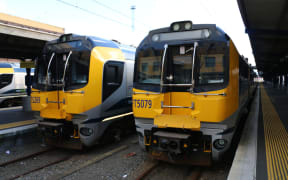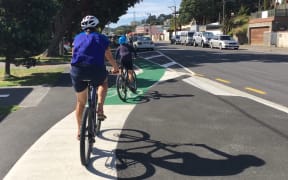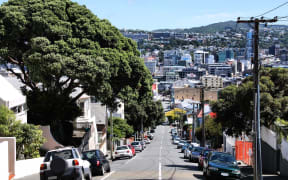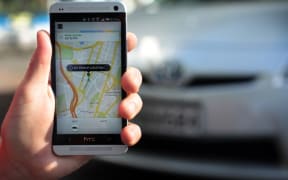Wellington's regional councillors have criticised a multibillion-dollar plan to fix Wellington's congestion woes as not doing enough to reduce emissions or clear congestion.
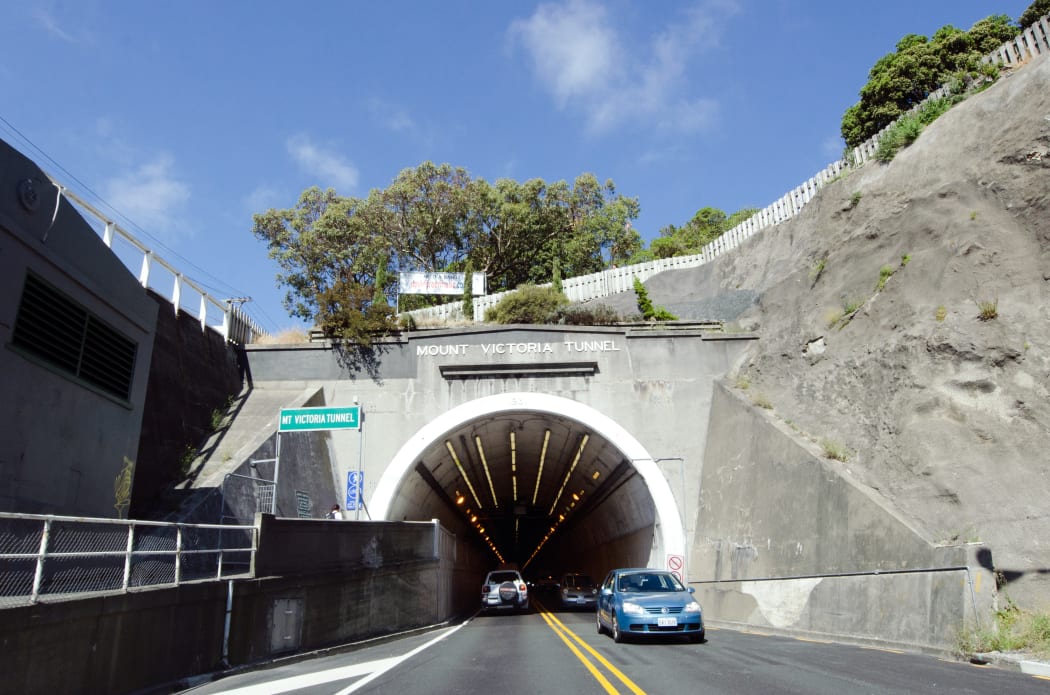
The Mount Victoria Tunnel is one of the city's major traffic choke points. Photo: 123RF
Despite their misgivings, councillors endorsed the Let's Get Wellington Moving (LGWM) plan and agreed to stump up about a fifth of the $6.4 billion it is expected to cost.
Funding is to be split roughly 60-40 between central government and the Wellington city and regional councils.
Detailed funding arrangements are still sketchy, and it is expected the regional and city council will negotiate which should pay for what part of the overall package. Officers say that sort of information is at least two years away.
State Highway 1 runs through the central city, and the Basin Reserve and the two-lane Mount Victoria tunnel are major traffic choke points. The airport and eastern suburbs are on one side, the CBD and rest of the region on the other.
Regional councillor Ian McKinnon said unblocking congestion around the Basin Reserve and digging a second Mount Victoria tunnel was well overdue but councillors were essentially being asked to vote for more reports.
"So it's the vision, it's further investigations, it's a business case - and people are saying 'Let's Get Wellington Moving?'. Let's just get it moving," he said.
Regional councillor Daran Ponter said the tunnel and Basin Reserve projects were the most important ones for residents who lived outside the city and needed to get across town to the airport.
A majority of councillors asked their chief executive to work with the LGWM partners - Wellington City Council and the Transport Agency - to see if those two projects could be fast-tracked.
LGWM director Barry Mein said expediting the projects was possible but they were not ready to be built yet.
"The next phase is the business case process and what that's going to need to do is identify what we need to do, but also the sequence," he said.
Outgoing councillor Sue Kedgley said sorting out public transport, walking and cycling routes so people could actually get around the city without their cars was more important.
"If you look at all the international evidence around the world, you build one more motorway and quickly the law of supply and demand kicks in - that [motorway] fills up and you've got the same congestion," she said.
Councillors also wanted to know why putting State Highway 1 underground through Te Aro along Karo Drive was recommended, but not funded.
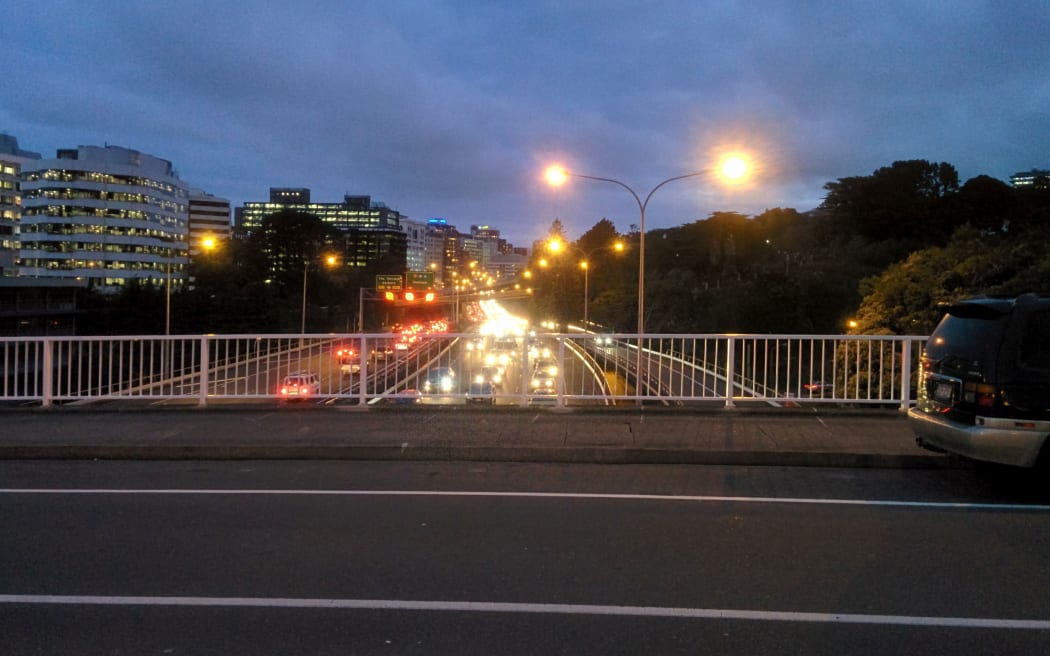
Let's Get Wellington Moving aims to reduce the city's traffic woes. Photo: RNZ / Russell Palmer
Mr Mein said it was too expensive.
"Discussions with the minister around affordability made it clear that we couldn't fit all of these projects in within the [funding] envelope that was available, particularly from the central government side," he said.
The regional council's sustainable transport committee chair Barbara Donaldson, who is on the programme's governance group, said it was easy to criticise such decisions as short-term.
"It's a matter of funding. And at least this government has funded most of the package," she said.
"I think the most transformative thing would've been to underground Karo Drive," she said.
"You'd have had a wonderful city park [above Karo Drive] where you have lots of walking, cycling, recreation - it would've just transformed the city, so that's really sad that can't happen," she said.
In the context of New Zealand's commitment to being carbon neutral by 2050, Ms Kedgley and Roger Blakeley were very critical that the three-decade plan would only reduce emissions in the CBD by 18 percent.
"And at the end of all of that, there will be 6000 fewer cars [coming into the central city every day] after spending $6.4 billion," she said.
One of the twelve guiding principles for the programme is to "improve environmental outcomes for the city and the region".
Despite councillors' concerns, they voted unanimously to push on with LGWM and begin detailed investigations.

